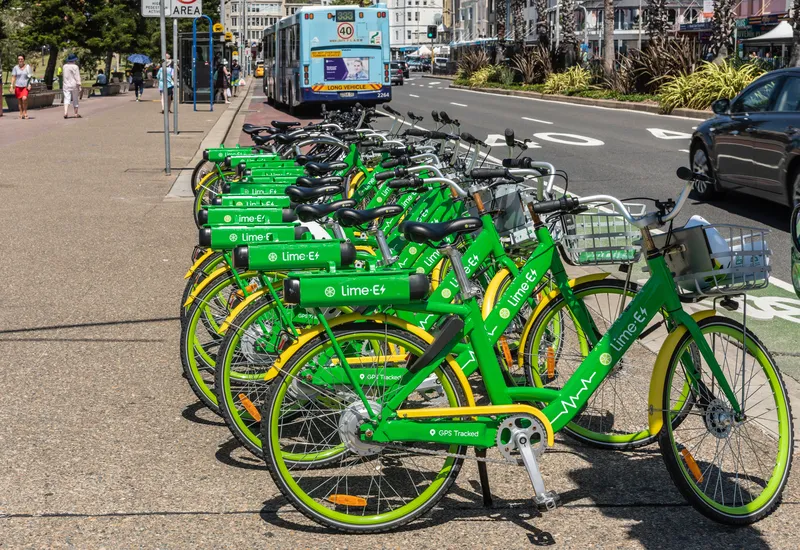More than 160 senior delegates from the automotive and transportation industry met last week to present, discuss and invent the future of mobility during Frost & Sullivan’s interactive workshop Urban Mobility 3.0: New Urban Mobility Business Models. The two-day event summarised the current and future developments in the industry and highlighted new and innovative mobility concepts. Frost & Sullivan Partner and Global Practice Director, Sarwant Singh, opened the debate at the House of Commons in London, com
June 27, 2013
Read time: 3 mins
More than 160 senior delegates from the automotive and transportation industry met last week to present, discuss and invent the future of mobility during Frost & Sullivan’s interactive workshop Urban Mobility 3.0: New Urban Mobility Business Models. The two-day event summarised the current and future developments in the industry and highlighted new and innovative mobility concepts.
Frost & Sullivan Partner and Global Practice Director, Sarwant Singh, opened the debate at the House of Commons in London, complimenting various stakeholders in the mobility space as ‘understanding future mobility needs of customers’. He urged companies to analyse the new mega trends impacting mobility across the diverse industry value chain, by saying “Mega trends like urbanisation, connectivity and e-commerce are creating new opportunities; for example smart parking management solutions for OEMs and home delivery for logistics companies thereby boosting demand for light commercial vehicles”. He further stated that the concepts of car ownership, car retailing and in-car technology are in a process of complete transformation, and vehicle manufacturers will have to keep abreast with all new developments.”
“Few markets in the world will see so drastic a change as the mobility market […] as user numbers will double or triple,” said Robert Henrich, CEO of4190 Car2go, while 1731 BMW’s Senior Vice President, Markus Schramm, explained: “traditional lines between public and private transport will disappear, [as can be seen] with car sharing […] for highly multimodal mobility consumers, who use own cars and car sharing.”
According to Lucinda Turner from1466 Transport for London, they “want to promote modal shift, but it’s not anti-car or ideological.” Demand for travel is increasing significantly and while a shift of nine per cent of travellers away from the car to other modes such as cycling and public transport has been achieved over the last decade, with investments in infrastructure and the congestion charge in particular, more investments have to be made in roads, as congestion has risen by 10 per cent over the last decade, she summarised.
Other topical highlights included the tipping point for the population to give up car ownership, the possibility of door-to-door connectivity with regard to rail and various other public transport modes, the impact of urban logistics threatening road traffic congestion to further increase substantially, as well as the importance of connectivity and artificial intelligence for cars.
Frost & Sullivan Partner and Global Practice Director, Sarwant Singh, opened the debate at the House of Commons in London, complimenting various stakeholders in the mobility space as ‘understanding future mobility needs of customers’. He urged companies to analyse the new mega trends impacting mobility across the diverse industry value chain, by saying “Mega trends like urbanisation, connectivity and e-commerce are creating new opportunities; for example smart parking management solutions for OEMs and home delivery for logistics companies thereby boosting demand for light commercial vehicles”. He further stated that the concepts of car ownership, car retailing and in-car technology are in a process of complete transformation, and vehicle manufacturers will have to keep abreast with all new developments.”
“Few markets in the world will see so drastic a change as the mobility market […] as user numbers will double or triple,” said Robert Henrich, CEO of
According to Lucinda Turner from
Other topical highlights included the tipping point for the population to give up car ownership, the possibility of door-to-door connectivity with regard to rail and various other public transport modes, the impact of urban logistics threatening road traffic congestion to further increase substantially, as well as the importance of connectivity and artificial intelligence for cars.








